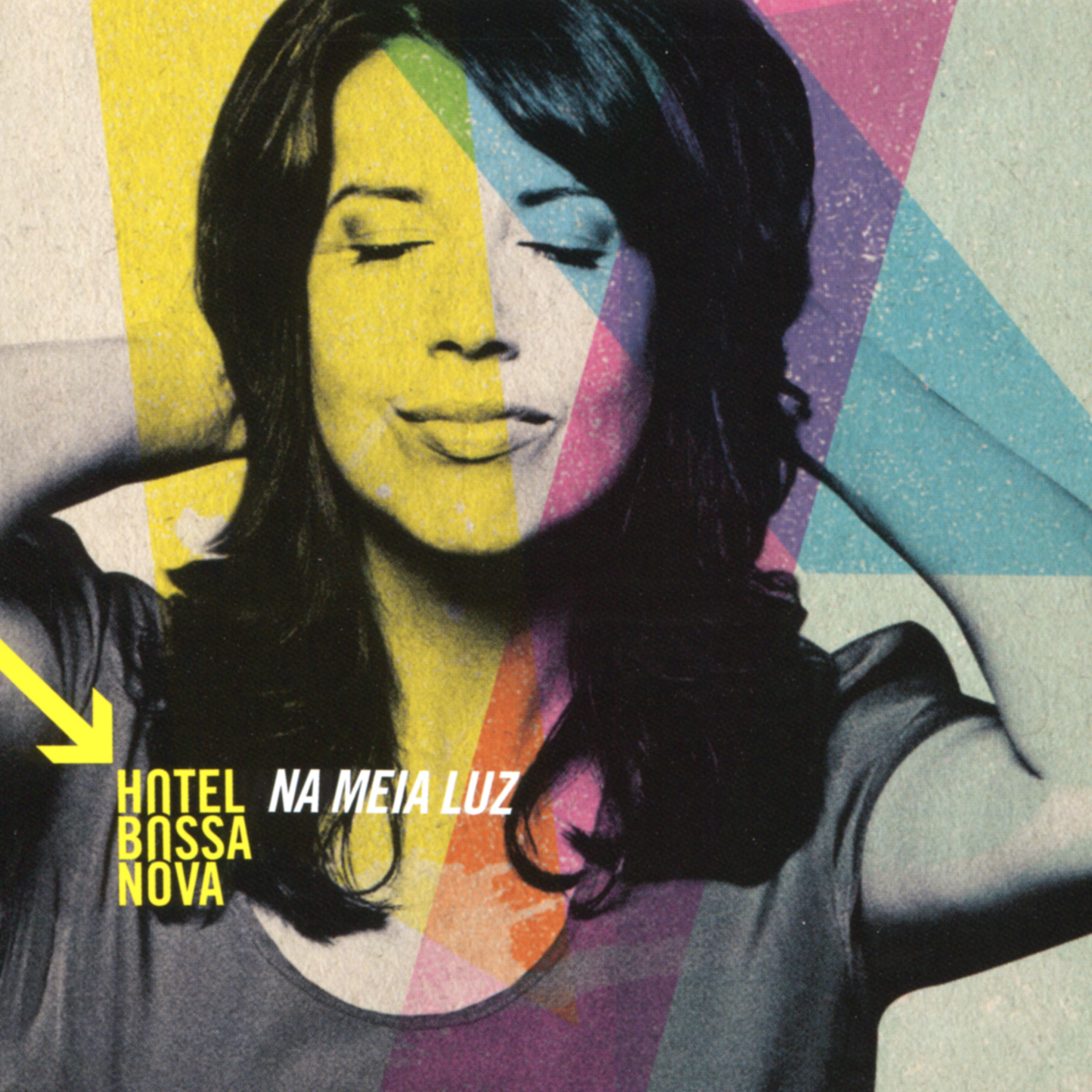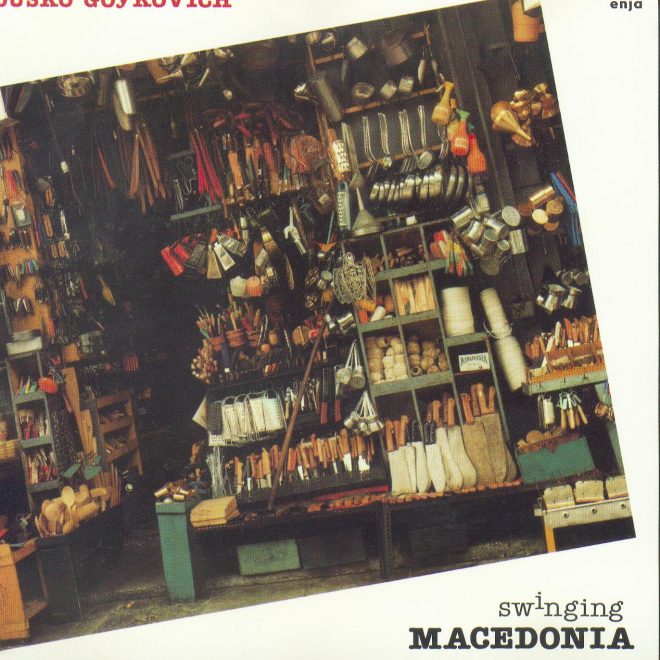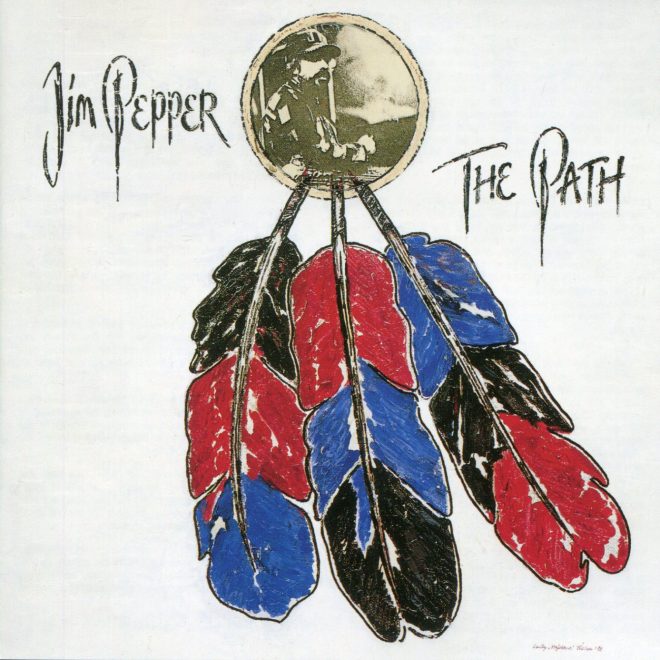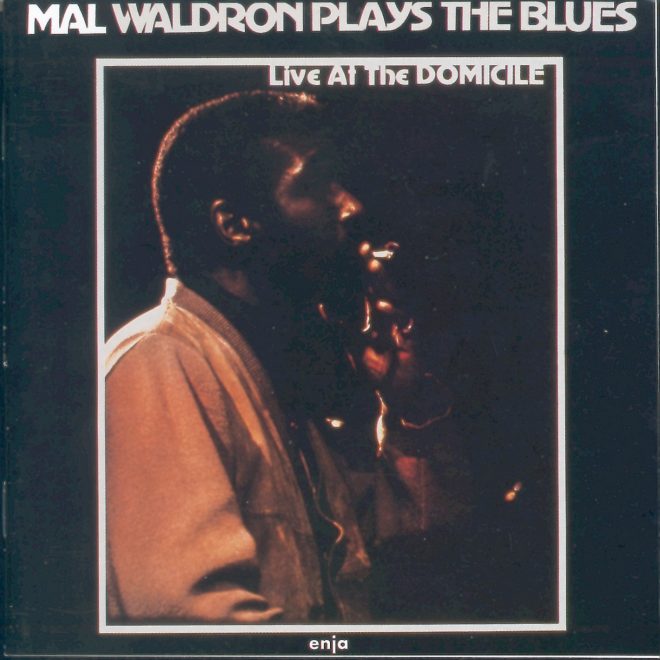Beschreibung
Over the last two years, Hotel Bossa Nova gave more than one hundred concerts in German speaking Europe, from Kiel in the north to Bern in the south. Concerts are opportunities for the band to shape their songs and develop their own Bossa Nova style, in the course of which the Portuguese roots of the singer, Liza da Costa, find their precise echo.
It was that concert stage experience that the quartet brought with it to the studio in early spring of this year to make their new CD. For the first time Hotel Bossa Nova recorded without any overdubs, with everything done live and played without gimmicks. It was a risk that paid off and that can now be heard on the uncannily harmonic album „Na Meia Luz“ (twilight).
The nine pieces on „Na Meia Luz“ evoke a melancholy mood that could very well provide a soothing backdrop for a dreamy interlude for lovers. The sensuously laden, agreeably rough voice of the Portuguese–Indian singer, Liza da Costa, cuddles up tenderly with the lyrically expressive Bossa Nova melodies played by the instrumentalists Wolfgang Stamm (drums), Alexander Sonntag (bass) and Tilmann Höhn (guitar).
The name, Hotel Bossa Nova may be misleading, with its association of lounge music, caipirinha on the Copacabana and similar clichés. This is not where the band is coming from. As the musicians gradually discovered that they not only played well together, but could also create their own compositions and arrangements, they began to increasingly enjoy merging their personal musical inclinations with Bossa Nova. Meanwhile, after setting their own course with the albums „Ao Vivo“, „Supresa“ and „Bossanomia“,Liza and her colleagues have developed their own distinct style, a smooth blend of Rio’s melancholy Bossa Nova from the 60s, early samba, soft American jazz harmonies, a little fado from Lisbon, short flamenco references, intricate rhythms and an occasional dash of Prog Rock. Incorporated of course in the singing of Liza da Costa. „For the first time I feel good about one of our albums. Usually I am very critical of myself, but I really feel satisfied this time“, From Liza, that is convincing.
All nine new compositions are mature, complete and have a fresh, enchanting aura. No song is no arranged to death. Instead, the acoustic instruments are inspired and played with exactly the right touch. That spills over in the transparent and exceedingly warm sound of the recordings. Right off is the wonderfully beautiful opener „Feminina“,sung softly and full of charm and the feeling of falling in love. Its enticing rhythms and the almost meditatively repeated guitar chords leave behind a delicious warm tingle in the skin. „Your face is a gift, but you it’s up to you to smile“,Liza sings to you with her distinctively insightful voice. It took time to adapt to the satin, Brazilian sound, because „….we Portuguese have a harder accent, in comparison with the Brazilian accent which is soft and somehow always has something to say. But I think I have found a good middle way between the Portuguese and Brazilian expression.“
„Rapidamente“ tells the story of a relationship that ends after a false step. She packs her bags and takes the next ferry to get away from him. In this song and in „Liberdade“, a pensive piece about the illusion of personal freedom in our system, one hears songs which could perhaps be called typical Hotel Bossa Nova compositions, with compelling but never superficial or meddlesome melodies. Their ravishingly rendered nuances accent these pieces with an airy lightness. This bewildering ease in their music has become a Hotel trademark.
Another highpoint on the album is „Saudade“ (wistfulness – a frequently occurring theme in Bossa Nova). Another very rhythmic piece, in which this time, with the exception of a short, filigree solo by the guitarist Tilmann Höhn, none of the musicians stands out, meshing instead in a coherent collective. But the text tells another story: love has vanished, and all that is left is longing. Sorrow in silence. „My texts are often about a particular moment, like the beginning of spring in the street where I live („Sou Contente“), or they try to capture the moment, when one realizes, that’s the right one“ („Você“). Some of Liza’s favourite subjects.
„Na Meia Luz“ is one of these consummate, charmingly magic albums which can be listened to again and again. It is also a contemporary extension of the classical Bossa Nova. Because in the basic character of their pieces Hotel Bossa Nova draw consciously on the musical legacy of history João Gilberto’s and Antonio Carlos Jobim’s hymns from the late 1950s. As Gilberto and Jobim did then, the Na Meia Luz“ pieces offer up unusual harmonies and syncopations, played with a dazzling simplicity. What is fascinating is that songs like the bewitching ballade „Você“ or „Skypeando“, with its Burt Bacharach like atmosphere, sound almost an passant, but actually have vast shadings of sound, woven together with inescapable rhythms and the enchanting chamber musical virtuosity of the musicians.
With „Na Meia Luz“ – never introverted, no less entertaining, exquisitely relaxed and tinglingly sophisticated, melancholy Bossa-Jazz, Hotel Bossa Nova sets out on another episode of their development and self-assuredly charts their own future.
What better time to extend the international career of Hotel Bossa Nova beyond Europe. „Na Meia Luz“ will be the ideal upbeat for their upcoming Asia tour. Over the last two years, Hotel Bossa Nova gave more than one hundred concerts in German speaking Europe, from Kiel in the north to Bern in the south. Concerts are opportunities for the band to shape their songs and develop their own Bossa Nova style, in the course of which the Portuguese roots of the singer, Liza da Costa, find their precise echo.
It was that concert stage experience that the quartet brought with it to the studio in early spring of this year to make their new CD. For the first time Hotel Bossa Nova recorded without any overdubs, with everything done live and played without gimmicks. It was a risk that paid off and that can now be heard on the uncannily harmonic album „Na Meia Luz“ (twilight).
The nine pieces on „Na Meia Luz“ evoke a melancholy mood that could very well provide a soothing backdrop for a dreamy interlude for lovers. The sensuously laden, agreeably rough voice of the Portuguese–Indian singer, Liza da Costa, cuddles up tenderly with the lyrically expressive Bossa Nova melodies played by the instrumentalists Wolfgang Stamm (drums), Alexander Sonntag (bass) and Tilmann Höhn (guitar).
The name, Hotel Bossa Nova may be misleading, with its association of lounge music, caipirinha on the Copacabana and similar clichés. This is not where the band is coming from. As the musicians gradually discovered that they not only played well together, but could also create their own compositions and arrangements, they began to increasingly enjoy merging their personal musical inclinations with Bossa Nova. Meanwhile, after setting their own course with the albums „Ao Vivo“, „Supresa“ and „Bossanomia“,Liza and her colleagues have developed their own distinct style, a smooth blend of Rio’s melancholy Bossa Nova from the 60s, early samba, soft American jazz harmonies, a little fado from Lisbon, short flamenco references, intricate rhythms and an occasional dash of Prog Rock. Incorporated of course in the singing of Liza da Costa. „For the first time I feel good about one of our albums. Usually I am very critical of myself, but I really feel satisfied this time“, From Liza, that is convincing.
All nine new compositions are mature, complete and have a fresh, enchanting aura. No song is no arranged to death. Instead, the acoustic instruments are inspired and played with exactly the right touch. That spills over in the transparent and exceedingly warm sound of the recordings. Right off is the wonderfully beautiful opener „Feminina“,sung softly and full of charm and the feeling of falling in love. Its enticing rhythms and the almost meditatively repeated guitar chords leave behind a delicious warm tingle in the skin. „Your face is a gift, but you it’s up to you to smile“,Liza sings to you with her distinctively insightful voice. It took time to adapt to the satin, Brazilian sound, because „….we Portuguese have a harder accent, in comparison with the Brazilian accent which is soft and somehow always has something to say. But I think I have found a good middle way between the Portuguese and Brazilian expression.“
„Rapidamente“ tells the story of a relationship that ends after a false step. She packs her bags and takes the next ferry to get away from him. In this song and in „Liberdade“, a pensive piece about the illusion of personal freedom in our system, one hears songs which could perhaps be called typical Hotel Bossa Nova compositions, with compelling but never superficial or meddlesome melodies. Their ravishingly rendered nuances accent these pieces with an airy lightness. This bewildering ease in their music has become a Hotel trademark.
Another highpoint on the album is „Saudade“ (wistfulness – a frequently occurring theme in Bossa Nova). Another very rhythmic piece, in which this time, with the exception of a short, filigree solo by the guitarist Tilmann Höhn, none of the musicians stands out, meshing instead in a coherent collective. But the text tells another story: love has vanished, and all that is left is longing. Sorrow in silence. „My texts are often about a particular moment, like the beginning of spring in the street where I live („Sou Contente“), or they try to capture the moment, when one realizes, that’s the right one“ („Você“). Some of Liza’s favourite subjects.
„Na Meia Luz“ is one of these consummate, charmingly magic albums which can be listened to again and again. It is also a contemporary extension of the classical Bossa Nova. Because in the basic character of their pieces Hotel Bossa Nova draw consciously on the musical legacy of history João Gilberto’s and Antonio Carlos Jobim’s hymns from the late 1950s. As Gilberto and Jobim did then, the Na Meia Luz“ pieces offer up unusual harmonies and syncopations, played with a dazzling simplicity. What is fascinating is that songs like the bewitching ballade „Você“ or „Skypeando“, with its Burt Bacharach like atmosphere, sound almost an passant, but actually have vast shadings of sound, woven together with inescapable rhythms and the enchanting chamber musical virtuosity of the musicians.
With „Na Meia Luz“ – never introverted, no less entertaining, exquisitely relaxed and tinglingly sophisticated, melancholy Bossa-Jazz, Hotel Bossa Nova sets out on another episode of their development and self-assuredly charts their own future.
What better time to extend the international career of Hotel Bossa Nova beyond Europe. „Na Meia Luz“ will be the ideal upbeat for their upcoming Asia tour. Over the last two years, Hotel Bossa Nova gave more than one hundred concerts in German speaking Europe, from Kiel in the north to Bern in the south. Concerts are opportunities for the band to shape their songs and develop their own Bossa Nova style, in the course of which the Portuguese roots of the singer, Liza da Costa, find their precise echo.
It was that concert stage experience that the quartet brought with it to the studio in early spring of this year to make their new CD. For the first time Hotel Bossa Nova recorded without any overdubs, with everything done live and played without gimmicks. It was a risk that paid off and that can now be heard on the uncannily harmonic album „Na Meia Luz“ (twilight).
The nine pieces on „Na Meia Luz“ evoke a melancholy mood that could very well provide a soothing backdrop for a dreamy interlude for lovers. The sensuously laden, agreeably rough voice of the Portuguese–Indian singer, Liza da Costa, cuddles up tenderly with the lyrically expressive Bossa Nova melodies played by the instrumentalists Wolfgang Stamm (drums), Alexander Sonntag (bass) and Tilmann Höhn (guitar).
The name, Hotel Bossa Nova may be misleading, with its association of lounge music, caipirinha on the Copacabana and similar clichés. This is not where the band is coming from. As the musicians gradually discovered that they not only played well together, but could also create their own compositions and arrangements, they began to increasingly enjoy merging their personal musical inclinations with Bossa Nova. Meanwhile, after setting their own course with the albums „Ao Vivo“, „Supresa“ and „Bossanomia“,Liza and her colleagues have developed their own distinct style, a smooth blend of Rio’s melancholy Bossa Nova from the 60s, early samba, soft American jazz harmonies, a little fado from Lisbon, short flamenco references, intricate rhythms and an occasional dash of Prog Rock. Incorporated of course in the singing of Liza da Costa. „For the first time I feel good about one of our albums. Usually I am very critical of myself, but I really feel satisfied this time“, From Liza, that is convincing.
All nine new compositions are mature, complete and have a fresh, enchanting aura. No song is no arranged to death. Instead, the acoustic instruments are inspired and played with exactly the right touch. That spills over in the transparent and exceedingly warm sound of the recordings. Right off is the wonderfully beautiful opener „Feminina“,sung softly and full of charm and the feeling of falling in love. Its enticing rhythms and the almost meditatively repeated guitar chords leave behind a delicious warm tingle in the skin. „Your face is a gift, but you it’s up to you to smile“,Liza sings to you with her distinctively insightful voice. It took time to adapt to the satin, Brazilian sound, because „….we Portuguese have a harder accent, in comparison with the Brazilian accent which is soft and somehow always has something to say. But I think I have found a good middle way between the Portuguese and Brazilian expression.“
„Rapidamente“ tells the story of a relationship that ends after a false step. She packs her bags and takes the next ferry to get away from him. In this song and in „Liberdade“, a pensive piece about the illusion of personal freedom in our system, one hears songs which could perhaps be called typical Hotel Bossa Nova compositions, with compelling but never superficial or meddlesome melodies. Their ravishingly rendered nuances accent these pieces with an airy lightness. This bewildering ease in their music has become a Hotel trademark.
Another highpoint on the album is „Saudade“ (wistfulness – a frequently occurring theme in Bossa Nova). Another very rhythmic piece, in which this time, with the exception of a short, filigree solo by the guitarist Tilmann Höhn, none of the musicians stands out, meshing instead in a coherent collective. But the text tells another story: love has vanished, and all that is left is longing. Sorrow in silence. „My texts are often about a particular moment, like the beginning of spring in the street where I live („Sou Contente“), or they try to capture the moment, when one realizes, that’s the right one“ („Você“). Some of Liza’s favourite subjects.
„Na Meia Luz“ is one of these consummate, charmingly magic albums which can be listened to again and again. It is also a contemporary extension of the classical Bossa Nova. Because in the basic character of their pieces Hotel Bossa Nova draw consciously on the musical legacy of history João Gilberto’s and Antonio Carlos Jobim’s hymns from the late 1950s. As Gilberto and Jobim did then, the Na Meia Luz“ pieces offer up unusual harmonies and syncopations, played with a dazzling simplicity. What is fascinating is that songs like the bewitching ballade „Você“ or „Skypeando“, with its Burt Bacharach like atmosphere, sound almost an passant, but actually have vast shadings of sound, woven together with inescapable rhythms and the enchanting chamber musical virtuosity of the musicians.
With „Na Meia Luz“ – never introverted, no less entertaining, exquisitely relaxed and tinglingly sophisticated, melancholy Bossa-Jazz, Hotel Bossa Nova sets out on another episode of their development and self-assuredly charts their own future.
What better time to extend the international career of Hotel Bossa Nova beyond Europe. „Na Meia Luz“ will be the ideal upbeat for their upcoming Asia tour.




